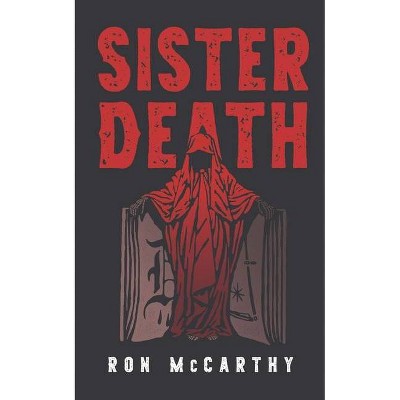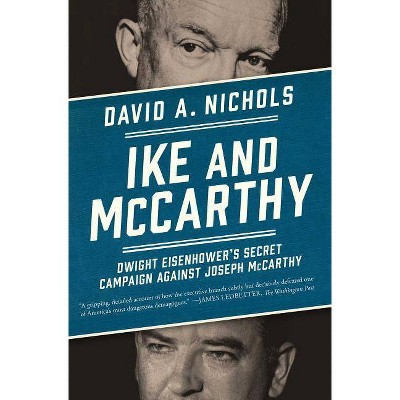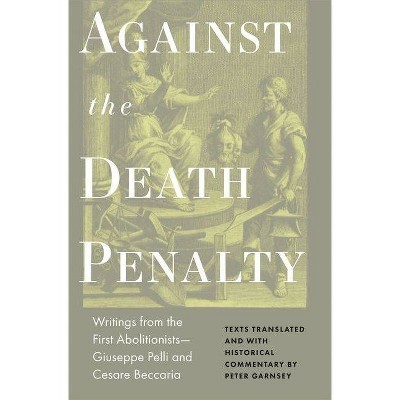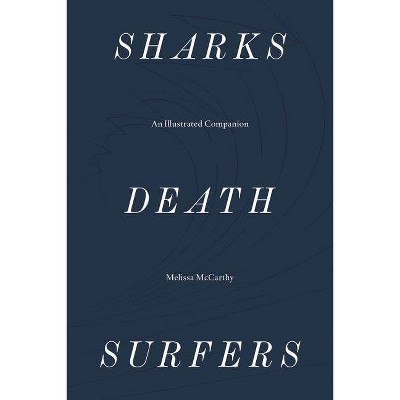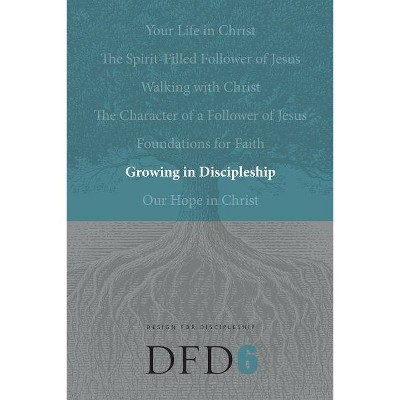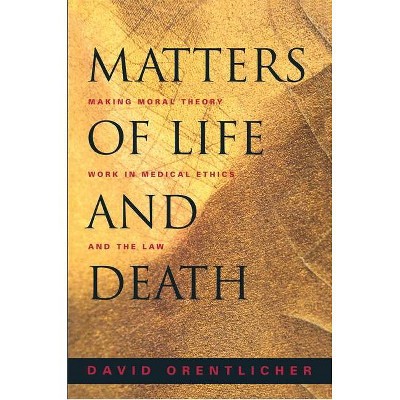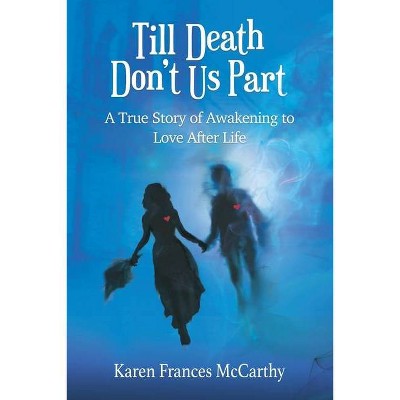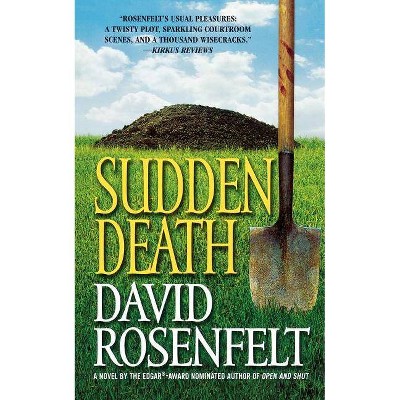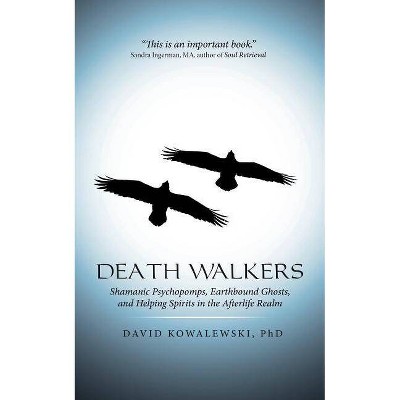Death Penalty and Discipleship - by David Matzko McCarthy (Paperback)
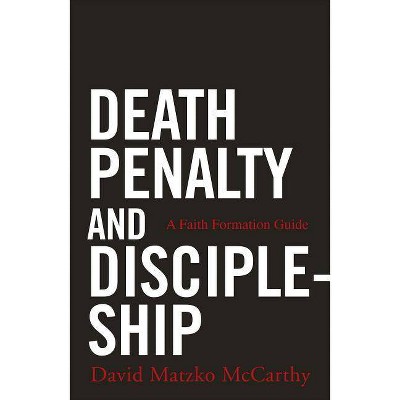
Similar Products
Products of same category from the store
AllProduct info
<p/><br></br><p><b> Book Synopsis </b></p></br></br>David Matzko McCarthy's <i>Death Penalty and Discipleship</i> is a faith formation resource to help communities and individuals reflect more deeply on capital punishment. It incorporates Scripture, Catholic social teaching, and contemporary issues that focus on the meaning of God's self-giving in Jesus Christ and the implications of God's redemptive work in our lives. McCarthy shows how the church's stance against the death penalty fits with Scripture, even passages such as "an eye for an eye..." (Lev 24:19-20); he attends to the teachings of Jesus and draws out themes of restorative justice; and he concludes by locating work to end the death penalty within St. John Paul II's call for a new evangelization. <br> God loves the world and gives himself to the world, and we are called to share God's justice and mercy with others. In this insightful and challenging resource, McCarthy encourages us to follow the call of Pope Francis to live out the love and mercy of God for all the world.<p/><br></br><p><b> Review Quotes </b></p></br></br><br>This slim but pithy volume provides a timely opportunity for reflection on the nature of sin, forgiveness, and the dignity of all human beings. A "key points" section at the end of each chapter lends itself well to small group discussion.<i>Catholic Library World</i><br><br>David McCarthy's <i>Death Penalty and Discipleship</i> is an accessible, practical resource that is perfectly designed for use in study groups, parishes and classrooms. Yet while engaging and accessible with its video clips reference and reflection questions, it is written by one of the American Church's most important theologians. Therefore its biblical and theological arguments are precise and attuned to the history of Christian thought, even while engaging and accessible. This rich book will reward users, and is a perfect example of placing theological expertise at the service of the people of God. <br> William C. Mattison III <br> The Catholic University of America<br><br>Willful murder is a heinous crime; it cries to God for justice. Yet, God did not require Cain's life for having spilt Abel's blood. While God certainly punished history's first murderer, he nevertheless put a mark on him to protect Cain from those wishing to kill him to avenge Abel's murder (cf. Gn 4:15). Like Cain, the condemned prisoner on death row--for all the evil of his crimes--remains a person. Human dignity--that of the convicted as well as our own--is best served by not resorting to this extreme and unnecessary punishment. As <i>Death Penalty and Discipleship: A Faith Formation Guide</i> makes clear: Modern society has the means to protect itself without the death penalty. <br> Archbishop Thomas Wenski <br> Archdiocese of Miami<br><br>This text will serve as an invaluable resource for those seeking to engage in formation of conscience, both personally and communally, around the practice of capital punishment. Small faith communities, parishes, and adult faith formation programs will find it accessible, thoughtful, and well grounded in Scripture and the wisdom of ecclesial tradition.Margaret Pfeil, The University of Notre Dame<br>
Price History
Price Archive shows prices from various stores, lets you see history and find the cheapest. There is no actual sale on the website. For all support, inquiry and suggestion messagescommunication@pricearchive.us
